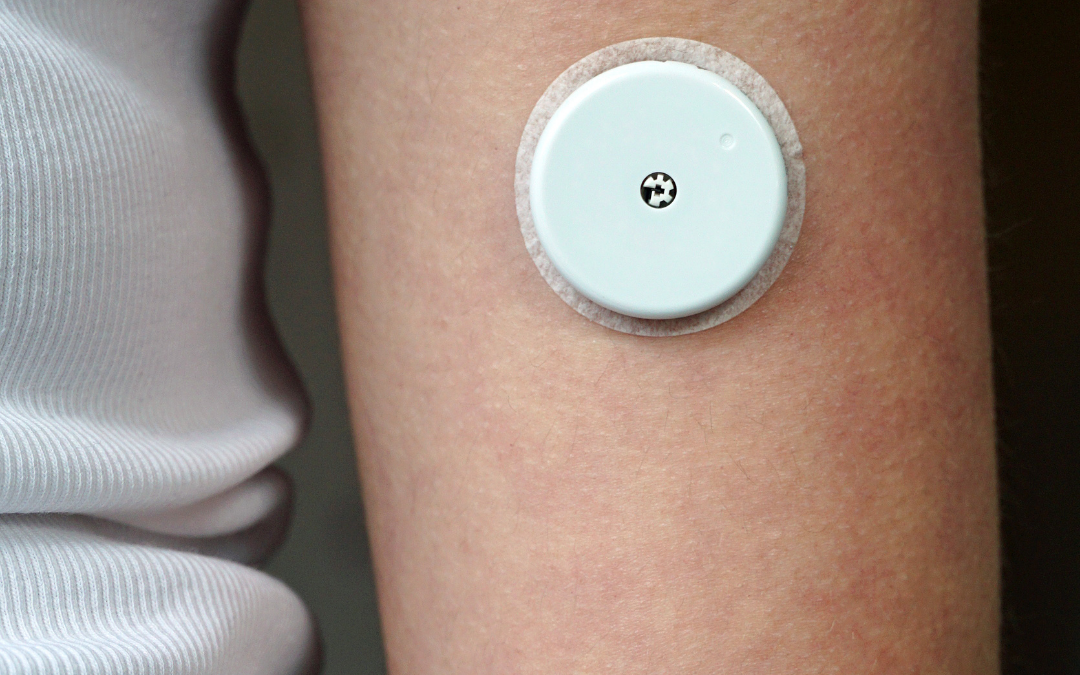
Related Posts

YOGA TO REGULATE THE AUTONOMIC NERVOUS SYSTEM
Related PostsYoga,...

IS ALCOHOL A HEALTH FOOD? ALCOHOL AND YOUR HEART
Related PostsWelcome to...

METABOLIC DYSFUNCTION AND THE ATHEROGENIC LIPID PROFILE
Related PostsWelcome to...

THIS IS YOUR HEART WITH METABOLIC DYSFUNCTION
Related PostsWelcome to...

SHOULD YOU WEAR A CONTINUOUS GLUCOSE MONITOR?
Related Posts Many of...

IS HEART DISEASE SIMPLY A FAT HEART?
Related PostsThe most...

METABOLIC HEALTH IS MORE IMPORTANT THAN WEIGHT LOSS
Welcome to a new series on the CFC blog on metabolic health. Metabolism is the process by which the body converts what we eat and drink and stored fat into energy. This energy keeps our cells functioning and our muscles working. Metabolic dysfunction contributes to just about all forms of chronic heart disease and can show itself as hypertension, elevated blood glucose levels, elevated waist circumference, high triglycerides and LDL cholesterol, and low HDL cholesterol. Left untreated, these conditions can become more severe, leading to a diagnosis of metabolic syndrome. In this series, I’ll discuss the causes and impacts of poor metabolic health, testing and treatment, and lifestyle changes you can make at home. Get more lifestyle and health news in your inbox: sign up for the CFC newsletter.
It’s that time of the year, when our thoughts turn from mistletoe to weight loss. But if you have heart problems, focusing on weight loss may not be the best strategy for your long-term health.
Most chronic heart problems are associated with increased body weight. These include coronary artery disease, high blood pressure, atrial fibrillation, and heart failure with preserved ejection fraction (HFpEF). But why are heart problems associated with being overweight? The answer is a condition called metabolic syndrome.
Eat less and call me in the morning
If your BMI is high, your doctor will tell you to lose weight by eating less and exercising more. But there are problems with this thinking. First, this advice rarely results in sustained weight loss. 80% of people who go on a calorie-restricted diet regain the weight they initially lost within 6-12 months.
Second, although many people with heart conditions have metabolic dysfunction (which can lead to full blown metabolic syndrome, heart disease, or diabetes), not all people with metabolic dysfunction are overweight–known commonly as being “skinny fat.” And not everyone who has excess body fat has metabolic dysfunction. It all depends on body composition and what kind of fat is prevalent in your body.
Two types of fat
There is a disconnect between body fat and heart disease because our bodies carry two types of body fat, and the ratios depend on lifestyle, age, sex, and other factors. Subcutaneous fat is used to store energy for long-term use. This is typical of premenopausal women who store energy under the skin around the hips, which is helpful for pregnancy. Visceral fat is deeper, surrounding our organs. Visceral fat stores energy for short term use. But when our lifestyles are mostly sedentary and food is constantly available, visceral fat builds up instead of being used to meet our energy needs when we are fasting or exercising.
When your body stores too much fat in visceral fat cells, those cells undergo a pathologic transformation. Instead of supplying a reservoir of useful energy, pathologic visceral fat becomes a source of inflammation and even causes direct damage to the atrium, ventricles, and coronary arteries. This is a result of the high insulin levels that occur when you have metabolic dysfunction.
Subcutaneous fat does not have negative health implications when you have good metabolic health, but being thin and having poor metabolic health does.
Prioritizing metabolic health
When we shift the conversation from weight loss to metabolic health, the problem becomes easier to solve. Yes, you will probably lose weight. But more importantly, improving metabolic health will protect your heart and improve long term quality of life.
Trying to lose weight with calorie restriction doesn’t work for most people. When you restrict calories, as with a typical diet, your metabolism compensates by lowering your resting metabolic rate. Most people see fat loss at the beginning of a low calorie diet; then it plateaus, and then it comes back with interest. You end up with more fat mass and less muscle, and suffer from feeling deprived and hungry.
Achieving metabolic health is an entirely different proposition. We improve metabolic health by changing the quality, composition, and timing of meals without intentionally limiting the amount of food you eat. Eating whole real foods, reducing the sugary and starchy carbohydrates in the diet, and fasting are easy and efficient ways to encourage metabolic health. Methods of fasting, including time-restricted eating, fasting mimicking, or alternate-day or multi-day fasts, are all healthy and can be worked into any schedule.
Fasting helps metabolic health because it lowers insulin levels. Whenever you have more time between meals, your insulin levels fall, your body burns some visceral fat, and you can chalk up another success on the way to metabolic health. Gradually the fat around your heart will melt away and the damage to your atrium, ventricles, and coronary arteries will stop.
Eat whole, real foods
Every whole, real food meal you eat that does not increase your insulin, glucose, or visceral fat is a victory for metabolic health. When the foods you eat do not stimulate insulin, you naturally eat less because your body is able to access the energy stored in visceral fat. Your energy levels will soar when you are metabolically flexible and can fuel your muscles with both fat and glucose. You can learn precisely what foods cause insulin spikes by using a continuous glucose monitor. But even without a monitor, focus on getting healthy protein with fish and pastured meats and plenty of vegetables and fiber.
When you’re metabolically healthy, your muscles are able to use both glucose and fat for fuel. Every time you exercise, your muscles deplete stored energy, you become better at utilizing fat for fuel, and you become stronger. So, make sure exercise is a part of your metabolic health plan.
Treat yourself
Weight loss diets are frustrating because they emphasize deprivation. Weight loss diets also focus on cosmetic goals at the expense of health goals. They do not directly address the metabolic dysfunction at the root of heart disease.
You can improve metabolic health without starving yourself and without worrying about subcutaneous fat. The scale is not as important as measurements such as waist circumference, glucose, or insulin levels.
Metabolic health goals are achieved one delicious, nutrient dense, real food meal at a time.
When you improve your metabolic health, your heart will be healthier, and you will look better and feel stronger.
